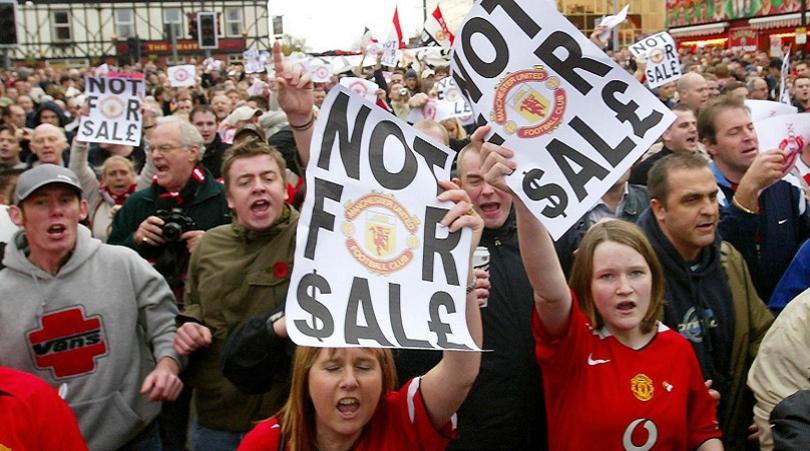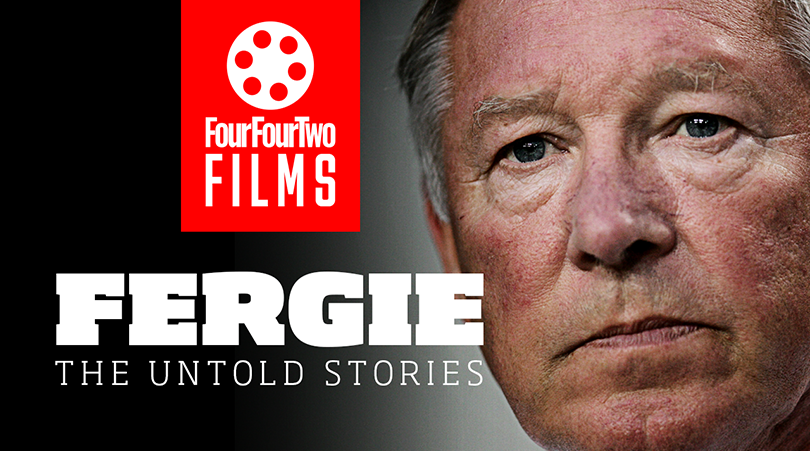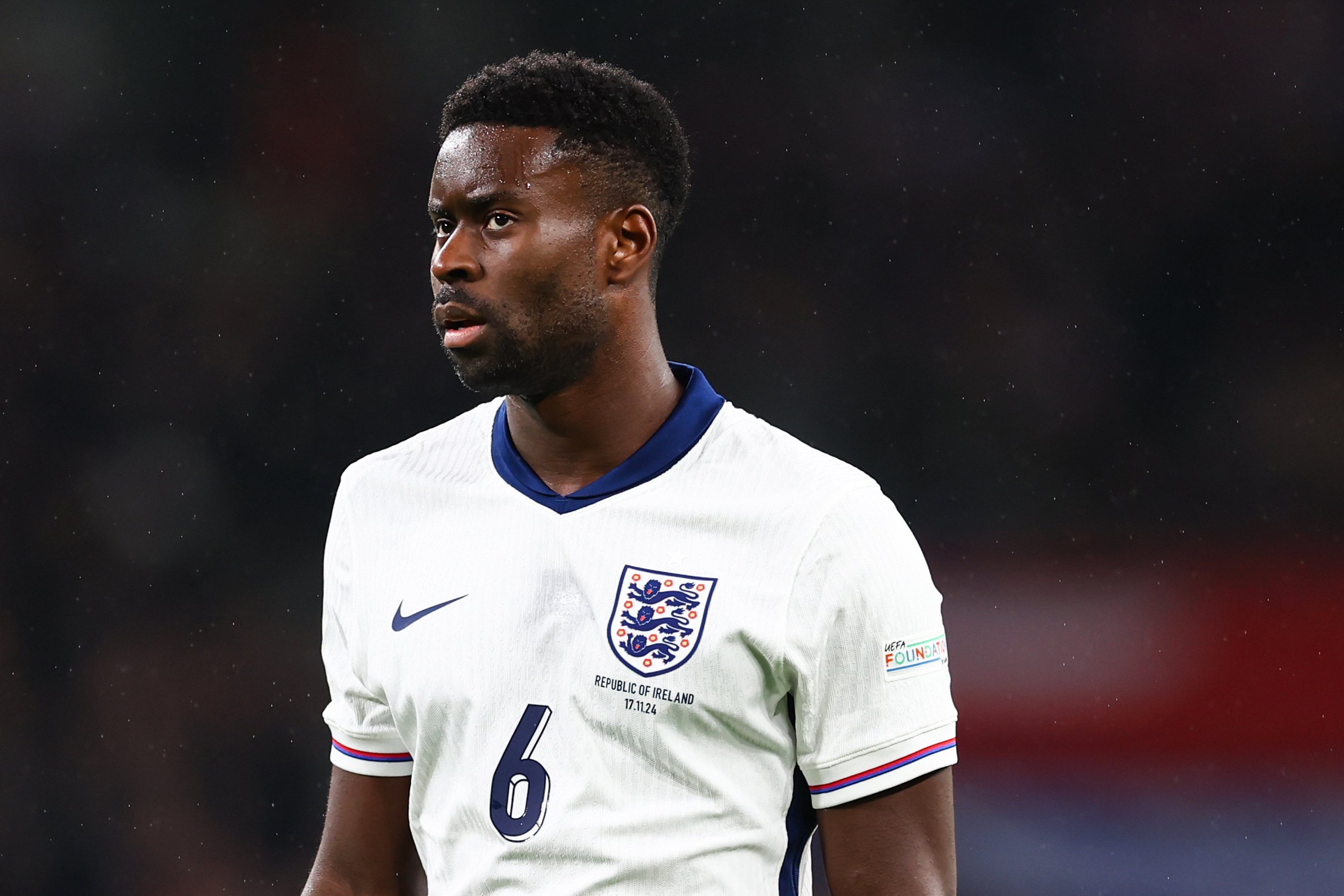15 key changes at Manchester United since Sir Alex Ferguson's retirement
It's only been three years since the Scot's exit, but things are very different at Old Trafford. Thirty years on from his unveiling, Republik of Mancunia's Scott Patterson picks out some of the most significant alterations
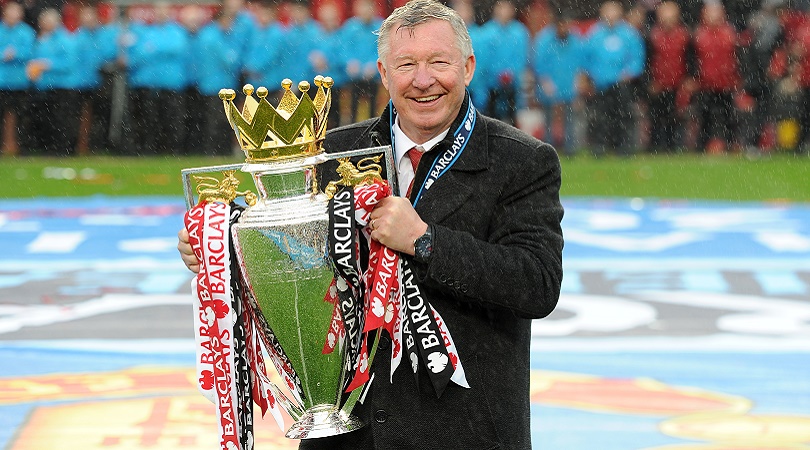
It goes without saying that much has changed at Manchester United since Sir Alex Ferguson's retirement in 2013. The club's supporters had tried to imagine post-Fergie life for many years, and while there was an expectation that United wouldn't be as strong without him, nobody would have predicted just how far they'd fall in such a short space of time.
United are already onto their third permanent manager in the fourth season after Ferguson's departure. David Moyes, Louis van Gaal and Jose Mourinho have all being given the opportunity to step into the Scot’s shoes on a permanent basis, with each making several changes – some intended, others not – in the process.
1. United haven't won the league – or even come close
It's now been three years since they finished in first place, and the Red Devils currently look as far away as ever from regaining top spot
United had gone 26 years without being crowned champions of England when, in 1992/93, Ferguson drove them to the title. In the 21 seasons of Premier League football that followed, United won 13 league titles, while every other team in England won a combined eight.
The biggest change since Ferguson’s retirement is that United no longer win titles – nor do they even come close to doing so. It's now been three years since they finished top, and the Red Devils currently look as far away as ever from regaining that spot.
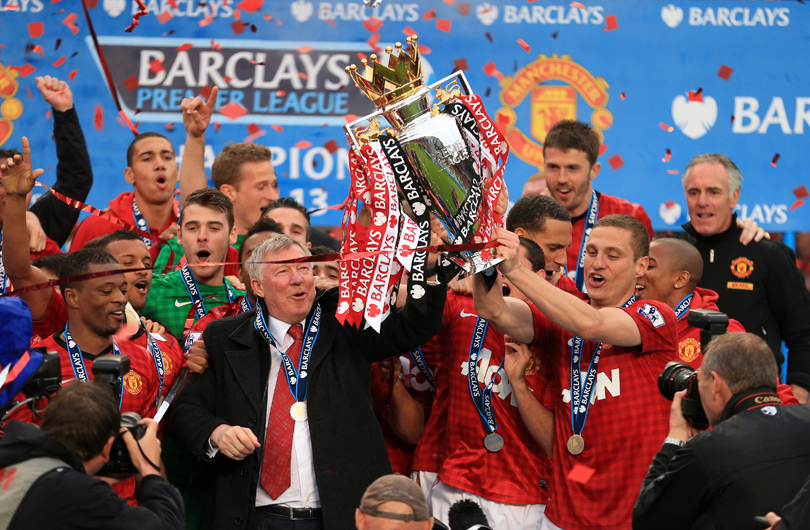
2. Change in mentality
Challenging for the title was the minimum expectation, whereas under Moyes and Van Gaal, finishing fourth was deemed acceptable
In those 21 Premier League seasons, Ferguson’s United never finished lower than 3rd in the table and even that happened only three times. They spent every other season in the top two, losing the title on goal difference once and by one point on three occasions.
The best features, fun and footballing quizzes, straight to your inbox every week.
Challenging for the title was the minimum expectation, whereas under Moyes and Van Gaal finishing 4th was deemed acceptable. Mourinho set his stall out when he first joined the club, claiming that a Champions League place alone wasn’t good enough.
“It would be easy, honest and pragmatic for me to focus on the last three years, and the fact we didn't qualify for the Champions League, and to say, 'Let's work, let's try to be back in the top four, let's try to do well in the Europa League'. But I am not good at that, and I don't want to be good. I prefer to be more aggressive and to be more aggressive is to say 'we want to win'.”
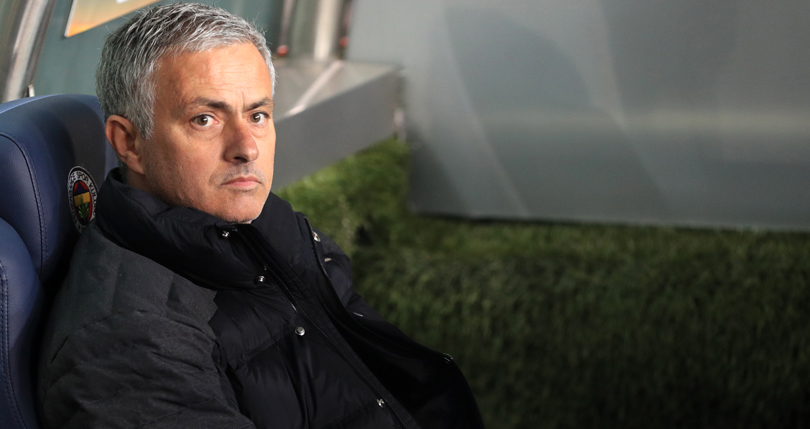
Still, whatever he says, if United finish 4th and qualify for the Champions League next season, it will be seen as a success. During Ferguson’s reign, it would have been viewed as total failure.
3. Lack of experience and leadership
Ferguson always had a perfect mix of experience, homegrown, foreign and young players in his squad
Ferguson always had a perfect mix of experience, homegrown, foreign and young players in his squad. The older players helped the others to settle, both on and off the pitch.
Within a year of Ferguson retiring, captain Nemanja Vidic, vice-captains Patrice Evra and Rio Ferdinand, as well as club legends Paul Scholes and Ryan Giggs, were no longer part of the playing staff. Now, United’s experienced players are Wayne Rooney and Michael Carrick, who are both in their 30s and have both spent at least a decade at the club, although neither feature in Mourinho’s first-choice XI.
In terms of longevity after them there’s Antonio Valencia, in his eighth season at the club, Chris Smalling in his seventh, then Ashley Young and Phil Jones, who are in their sixth. None of the four could be called natural leaders, even if Smalling has been chosen to wear the armband in Rooney’s absence.
When you compare this batch to Fergie’s teams in the past – who had leaders all over the pitch – today's United are seriously lacking. They used to have players like Phil Neville, John O’Shea and Darren Fletcher, who may never have been skippers at United but were entrusted to wear the armband at their future clubs; now, there is a real lack of experience and leadership.
FourFourTwo films... Fergie: The Untold Stories
4. Signing midfielders
Marouane Fellaini, Ander Herrera, Daley Blind, Morgan Schneiderlin, Bastian Schweinsteiger and Paul Pogba have all joined since Ferguson's departure
Ferguson didn’t sign a single midfielder between Owen Hargreaves in 2007 and Nick Powell in 2012. This would have been understandable had United been overwhelmed with talent in the centre of the park, but that wasn't the case at all: despite crying out for a Roy Keane replacement, United made do with Carrick, an ageing Scholes and an ill Fletcher.
Marouane Fellaini, Ander Herrera, Daley Blind, Morgan Schneiderlin, Bastian Schweinsteiger and Paul Pogba have all joined since Ferguson's departure. Not all of these players have been an overwhelming success, but at least an effort has been made to fill the void left by Keane in 2005.
Once a Red... August 9, 2016
5. Fear factor
Visiting Old Trafford was consequently the trickiest fixture on most clubs’ calendar, with opponents tending to find life extremely difficult at United's home
Ferguson was a winner and his teams, more often than not, won. Visiting Old Trafford was consequently the trickiest fixture on most clubs’ calendar, with opponents tending to find life extremely difficult at United's home.
"Even when I was playing for Manchester United, you thought you had teams beaten in the tunnel," former striker Mark Hughes said during Moyes' tenure. "That's what Old Trafford can do to teams and players," he said. "That’s not the case now."
Playing in front of 75,000 people must be a great experience for many Premier League players, especially now that they're no longer quivering in fear.
6. Multiple changes behind the scenes
People with in-depth knowledge of the inner workings of the club have been moved on and United have duly paid the price
Moyes made the costly mistake of sacking the champions' backroom staff and replacing them with those he'd worked with at Preston and Everton. Rene Meulensteen was widely regarded as an outstanding coach and a key cog in United’s success during Ferguson's latter years, but Moyes didn’t value him enough to offer him a proper position.
Giggs meanwhile, someone Ferguson believed could be the next manager of the club, is another who's been shown the door. Mourinho wanted to keep him around but wasn’t prepared to offer him the position of assistant manager, which was promised to Rui Faria.
People with in-depth knowledge of the club's inner workings have been moved on and United have duly paid the price.
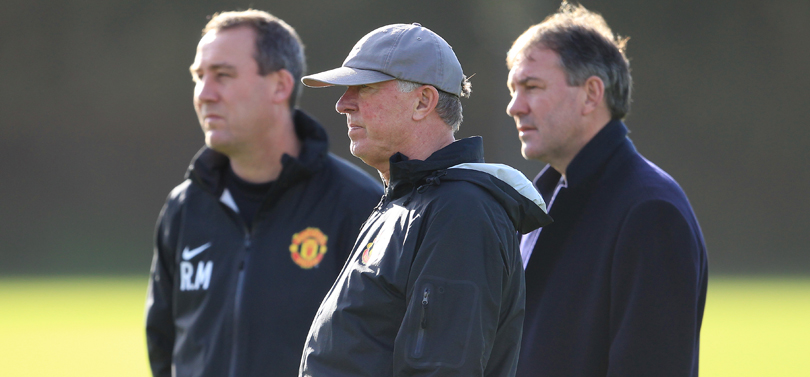
7. Social media presence
When the Champions League groups were announced on UEFA’s Twitter feed at the start of his final season in charge, United were the only club involved not to have their own Twitter handle
During Ferguson's lengthy tenure at United, the club’s social media presence was minimal. When the Champions League groups were announced on UEFA’s Twitter feed at the start of his final season in charge, United were the only club involved not to have their own Twitter handle.
The Red Devils' Twitter account was born 10 days after Moyes replaced Ferguson; breaking club news was instantly announced on the platform, as well as Q&A opportunities between the fans and players.
While United still fall behind some other club accounts, they’ve certainly upped their game. The announcement of Pogba's signing was the highest profile of any player this summer, with the hashtag #Pogback trending and exclusive “bla bla bla”-themed videos, made in partnership with Adidas, capturing plenty of attention.
When the United team coach came under attack from West Ham fans last season, meanwhile, Jesse Lingard filmed the players’ reaction from inside and posted it on his social media accounts. None of this would have happened while Ferguson was boss, which can be seen as both a positive and a negative.
The Premier League is back this weekend! August 12, 2016
8. Splashing the cash
In 27 years as United manager, the only established world-class players he signed were Juan Sebastian Veron and Robin van Persie
United spent £200 million in Ferguson’s final five years in charge and have spent £456 million in the four seasons following his retirement. Whether United’s lack of activity in the transfer market under the Scot was down to the Glazers’ penny-pinching or the manager’s attempts to be frugal is unknown; in all likelihood, it was a combination of the two.
For all the criticisms of the owners – most of which are deserved – it’s only fair to point out that they've been willing to back each of Moyes, Van Gaal and Mourinho with sizeable warchests. Much of the money has been wasted, though, which makes it regretful that Ferguson, for whatever reason, didn't have the chance to spend such large amounts. If he had been, United could surely have won their third Champions League title since his appointment.
In 27 years as United manager, the only established world-class players he signed were Juan Sebastian Veron and Robin van Persie. United have since signed Juan Mata, Angel Di Maria, Bastian Schweinsteiger, Zlatan Ibrahimovic and Paul Pogba. This Galactico approach has seen little success so far, but once Mourinho settles it may start to come together.
9. No Champions League football
Reaching the group stage was seen as the bare minimum of what was expected, which was understandable given that United regularly featured in semi-finals and finals during Ferguson’s reign
Manchester United used to be a permanent fixture in the Champions League. Reaching the group stage was seen as the bare minimum of what was expected, which was understandable given that United regularly featured in semi-finals and finals during Ferguson’s reign.
The ex-Aberdeen boss booked United’s place in Europe's premier competition in the 2013/14 season and Moyes, somewhat surprisingly, guided the club to the quarter-finals. United finished 7th in the league, however, meaning they even missed out on Europa League football the following year.
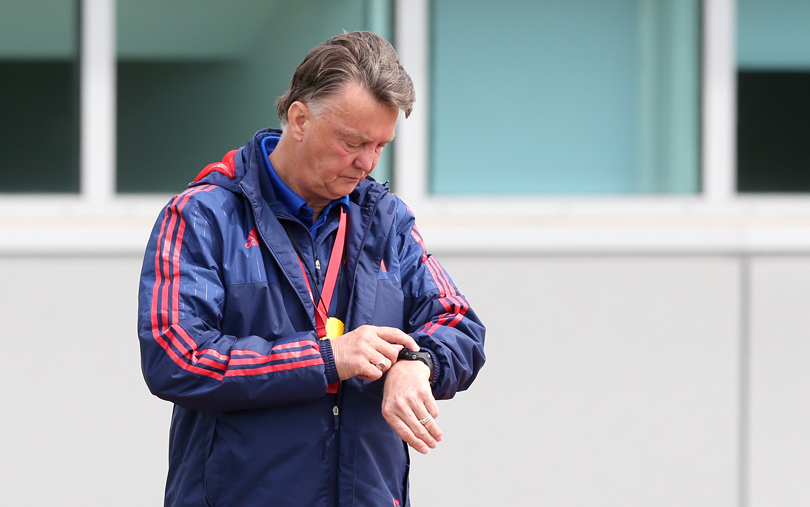
Van Gaal finished 4th in his first season, but United failed to make it beyond the group stage in 2015/16. In his second season United finished 5th, which has seen them lumbered with the Europa League this term. Mourinho was unable to hide his frustration about the situation in his first press conference. but he might not need to worry about the competition for much longer – United are currently outside the qualifying places with two games to go.
10. Winning the FA Cup
The Red Devils had won 10 other trophies between 2004 and 2016, but the FA Cup was the one that constantly eluded them
Before May of this year, United hadn't won the FA Cup since 2004, but Van Gaal led the club to a 2-1 victory over Crystal Palace in his final match in charge. It's incredible to think that Rooney, who signed for United when he was 18, had to wait until he was 30 to lift the trophy.
The Red Devils had won 10 other trophies between 2004 and 2016, but the FA Cup was the one that constantly eluded them. Now they sit alongside Arsenal as the joint-most successful team in the tournament's history.
11. Dressing room leaks
Such stories tend not to make for pleasant reading for United supporters, but they're also something of a novelty
There's been a major increase in the number of stories reporting player unrest since Ferguson moved upstairs. Every club suffers from disgruntled players venting to the media, but it was an incredibly rare occurrence under Ferguson: David Beckham was probably the last player to take on the manager, which led to his exit in 2003.
When Moyes was manager, the amount of leaks from the dressing room was unprecedented for United. The matchday squad was regularly revealed by an unidentified member of the squad, while there were also numerous reports of the players resenting him. Such stories tend not to make for pleasant reading for United supporters, but they're also something of a novelty.
12. Academy overhaul
The club have astonishingly included an academy product in their matchday squad for over 3,800 consecutive games, a record which dates back to 1937
When Ferguson took charge of United, he made revamping the academy one of his first priorities, ensuring the club continued in the traditions established by Sir Matt Busby.
It was an incredibly significant move. United's Treble-winning team of the late 1990s contained a core of youth team graduates, and the club have astonishingly included an academy product in their matchday squad for over 3,800 consecutive games – a record which dates back to 1937.
Things could be changing, though. Manchester City's U18s have been performing extremely well in recent years, with United conversely letting their academy fall by the wayside. Brian McClair, who headed up the operation, left for a position with the Scottish FA in February 2015; it took a whole year until he was replaced, with Nicky Butt stepping into the role nine months ago.
Jesse Lingard, who joined United when he was seven, scored the winner in this year's cup final. Marcus Rashford, who joined the club at the same age, has scored against Manchester City and Arsenal since his breakthrough earlier this year. The presence of both players in the first team has pleased United fans, and it’s reassuring to see the impact Butt is already having in charge of the academy: the U18s are currently 2nd in their league, which is a clear improvement on last season, when they finished second-bottom.
13. David Gill replaced by Ed Woodward
The club was linked with Cristiano Ronaldo, Cesc Fabregas, Gareth Bale and Thiago Alcantara, yet instead settled for signing Fellaini on deadline day
Allowing CEO David Gill to leave at the same time as Ferguson proved to be a costly mistake. While Gill was a major success after replacing Peter Kenyon in 2003, he wasn't particularly popular with the fanbase after siding with the Glazers despite having previously claimed that "debt is the road to ruin".
In his absence, though, it's become clear how important he was. Ed Woodward has slowly grown into the role, with United's transfer dealings more impressive of late, but he got off to a disastrous start and set United back just as much as Moyes did. United were linked with Cristiano Ronaldo, Cesc Fabregas, Gareth Bale and Thiago Alcantara, yet instead settled for signing Fellaini on deadline day. Woodward was viewed as a joke, with deal after deal collapsing.
We’re proud to welcome as our first ever Official Digital Transformation Partner. September 2, 2015
Bringing in Juan Mata, Ibrahimovic and Pogba has bought him more time, so too the numerous financial deals he's secured to boost United’s revenue; the Red Devils are set to become the first English club to earn £500 million in a single year, which speaks volumes for the work Woodward's done off the pitch.
14. Training ground updates
Van Gaal even put in a planning application to Trafford council for permission to create a warm-up area, a goalkeepers' training area and eight fences to allow for greater privacy from the press
Van Gaal was seen as a dinosaur by many United players, but he does deserve credit for upgrading the facilities at the club’s Carrington training ground.
The Dutchman oversaw the relaying of one of the training pitches so that it mirrored Old Trafford – it now has the same width, length and grass length – as well as installing floodlights so the team could prepare for evening matches. Trees were planted to combat windy conditions and he also brought in HD cameras to record training sessions.
Van Gaal even put in a planning application to Trafford council for permission to create a warm-up area, a goalkeepers' training area and eight fences to allow for greater privacy from the press.
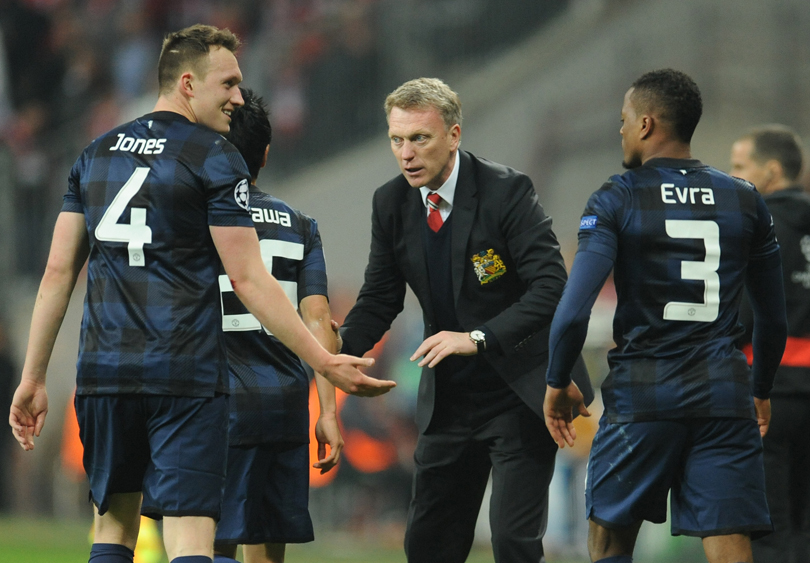
15. Belief
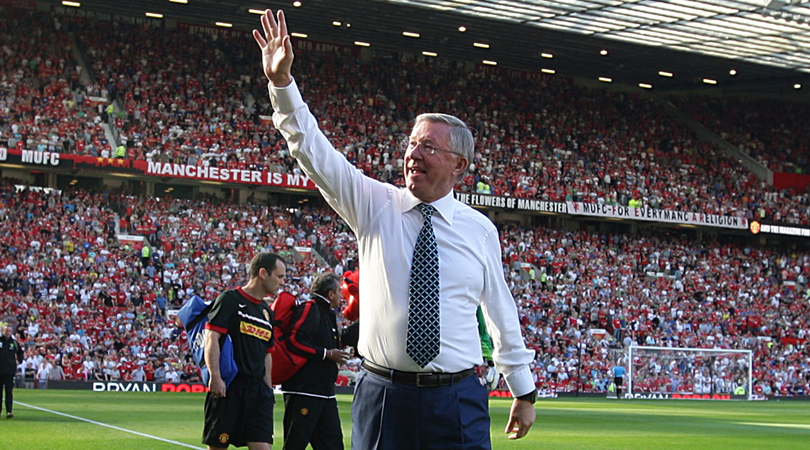
What would Fergie do? 7 big changes Sir Alex would make at Man United today
When United faced Chelsea in the 2008 Champions League Final, the fans created a ‘Believe’ mosaic, just as they had for the semi-final against Barcelona. United won both games, and the display from the fans was an accurate representation of how they felt at the time.
In 1999, everything just clicked into place, with late goals and massive wins ensuring United achieved what no other English club had before. There was a similar feeling in the 2007/08 campaign, when United won the league on the final day of the season and the Champions League on penalties.
United won a huge number of games late on during Ferguson’s tenure, the players approaching every match with a never-say-die attitude. In the seasons since his retirement, this feeling has slowly ebbed away. Habit still makes some supporters believe their team will grab a late goal, but deep down most know that it’s unlikely to happen. Much has changed since the departure of Sir Alex Ferguson.
 Join The Club
Join The Club






